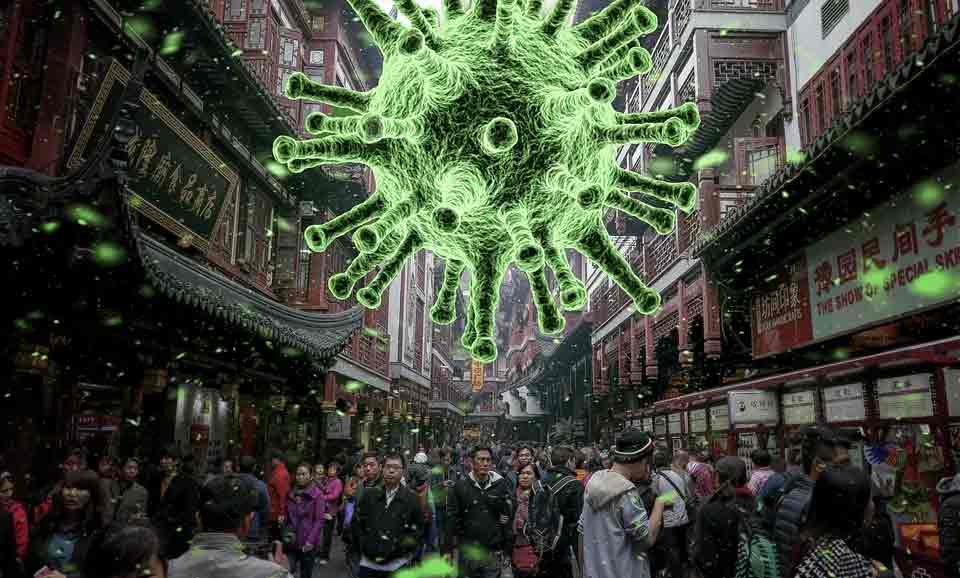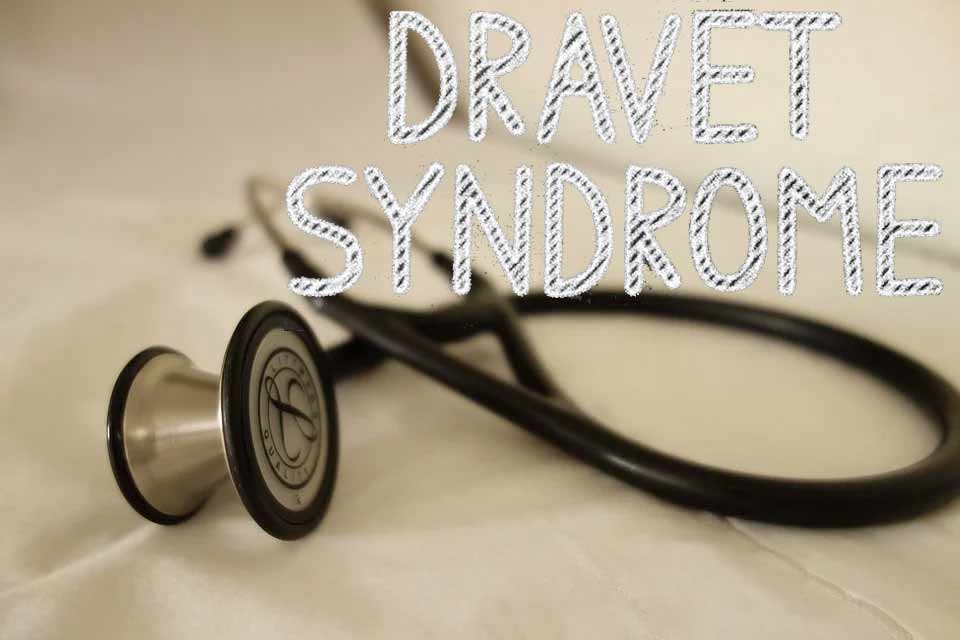Scientists around the world have managed to find some potential vaccines for deadly COVID-19 but several researchers and scientists believe antibody-based therapies could be of great help for treating people already infected with the disease.
So far over 9 million people have been infected and 480,000 have died because of the disease. Doctors have tried a range of methods, including cocktails of HIV drugs. But the limited success has left everyone worrying about the development of a vaccine and it seems that the cure is still a far-flung dream.
This is why all hopes are pinned on antibody treatments. Most of the treatment in the works in labs across Asian countries, including Japan, Singapore and South Korea.
How do antibody therapies work?
These therapies use antibodies generated by infected humans or animals to fight off the disease in patients. They date back to the late 19th century, when researchers used a serum derived from the blood of infected animals to treat diphtheria.
For COVID-19 treatment, researchers are studying the use of convalescent plasma and other treatments made with blood from recently recovered patients.
More recently, scientists have developed treatments called monoclonal antibodies — antibodies that can be isolated and manufactured in large quantities to treat diseases like Ebola or cancer. Companies, like Eli Lilly and Co (LLY.N) and Regeneron Pharmaceuticals (REGN.O) in the United States, are trying to use this approach to develop their treatments.
Unlike convalescent plasma, manufacturers do not need a steady supply of antibody-rich blood to produce monoclonal antibodies, so this approach could be easier to scale up.
How are they different from vaccines?
They both work in different ways. While antibody-derived products are generally designed to treat disease, the main goal of a vaccine is to generate an immune system that can prevent someone from getting ill with a disease.
And while some drugmakers have suggested antibody treatments can be used prophylactically – Regeneron’s Chief Scientific Officer George Yancopoulos has said their treatment could be a bridge to a vaccine – it could be expensive.
“You might go into nursing homes or the military and use it because antibodies have a pretty long half life,” said Dr. Betty Diamond, Director of Molecular Medicine at the Feinstein Institutes for Medical Research.
“You might decide that you are going to use this as a prevention in this very high risk group, but you wouldn’t do that for the whole country.”
The amount of protein in antibody drugs makes the treatment more expensive than vaccines in general, Feng Hui, chief operating officer at Shanghai Junshi Biosciences (1877.HK), said.











